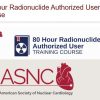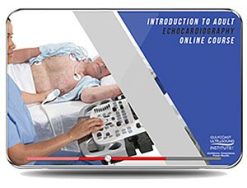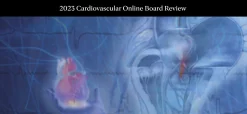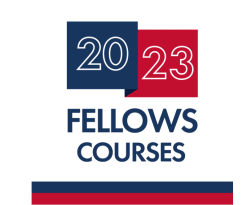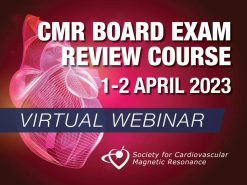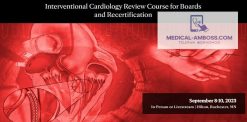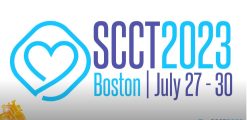ASNC Nuclear Cardiology Core Curriculum 2023
$45,00
Samples for Courses Can be found here : Free Samples Here!
ASNC Nuclear Cardiology Core Curriculum 2023
The Nuclear Cardiology Core Curriculum is a new program led by 18 experts in the field who will help you expand your nuclear cardiology fundamentals through a series of 8 courses featuring 18 presentations with case-based questions.
SKU: MEDU-STU01802
Category: CARDIOLOGY
ASNC Nuclear Cardiology Core Curriculum 2023
ASNC Nuclear Cardiology Core Curriculum is a new program led by 18 experts in the field who will help you expand your nuclear cardiology fundamentals through a series of 8 courses featuring 18 presentations with case-based questions.
videos+Ppts
Learner Objectives
After participating in this Nuclear Cardiology Core Curriculum, learners should be able to:
- Define basic principles of SPECT and MUGA acquisition/display including tomographic views and planes.
- Define and understand properties and use of standard perfusion tracers.
- Gain knowledge of principles of stress testing, contraindications, and when to choose exercise versus pharmacologic.
- Understand the basics of pre-test risk and how to incorporate results to get post-test risk.
- Understand the basics of pharmacologic stress agents (mechanism of action, administration, safety).
- Understand the protocols used with perfusion tracers, how it is tailored to imaging need (patient-centered imaging).
- Gain knowledge regarding protocols for assessing myocardial viability.
- Recognize the role of SPECT on ventricular function assessment.
- Identify appropriate imaging studies for indication.
- Integrate perfusion findings to clinical and EKG data.
- Identify a high-risk study.
- Gain knowledge of AUC and its application.
Program Outline
The Nuclear Cardiology Core Curriculum is composed of 8 courses with a total of 18 presentations from leaders in the field:
1. Physics Fundamentals, Basic Radiotracers, Stress Agents, and Radiation Biology
- Knowledge of Basic Physics of SPECT/MUGA Acquisition and Display – Robert Pagnanelli, CNMT, NCT, RT(N)(R), FASNC
- Properties and Use of Standard Radiotracers – Karthikeyan Ananthasubramaniam, MD, FASNC
- Basics of Pharmacologic Stress Agents Mechanism of Action, Administration, and Safety – Gregory S. Thomas, MD, MPH, MASNC
- Radiation Biology Basics – Jason S. Tavel, PhD
2. Pre-test Assessment and Fundamentals of Stress Testing
- Principles of Stress Testing – Donna M. Polk, MD, MPH, FASNC
- Basics of Pre-test Risk and How to Incorporate Results for Post-test Risk – Prem Soman, MD, PhD, MASNC
- Stress Lab Emergencies – Saurabh Malhotra, MD, MPH, FASNC
3. Nuclear Cardiology Protocols Review
- Protocols of Assessing Myocardial Viability- Panithaya Chareonthaitawee, MD
- SPECT Protocols for CAD – W. Lane Duvall, MD, FASNC
4. Interpretation and Reporting of SPECT
- Role of SPECT on Ventricular Function Assessment – Renée Bullock-Palmer, MD, FASNC
- Identify a High Risk SPECT Study – Maria Sciammarella, MD
- Recognizing Artifacts – E. Gordon DePuey, MD, MASNC
- Systematic Interpretation and Reporting – Robert C. Hendel, MD, MASNC
5. Appropriate Use of Testing
- Patient Centered Imaging: How to Choose the Right Test for the Right Patient – David Wolinsky, MD, MASNC
- Knowledge of AUC and its Application – Rami Doukky, MD, MSc, MBA, FASNC
6. Risk Stratification
- Integrating Clinical and Stress EKG Findings with Myocardial Perfusion – Diwakar Jain, MD, MASNC
7. Cardiac PET
- Basics of Cardiac PET and Myocardial Blood Flow – Robert deKemp, PhD, FASNC
8. Basics of CT in Nuclear Cardiology
- Basics of Cardiac PET and Myocardial Blood Flow – Randall C. Thompson, MD, MASNC
Related products
$15,00
CARDIOLOGY
$20,00 – $55,00Price range: $20,00 through $55,00
CARDIOLOGY
$50,00
$70,00
CARDIOLOGY
$130,00


